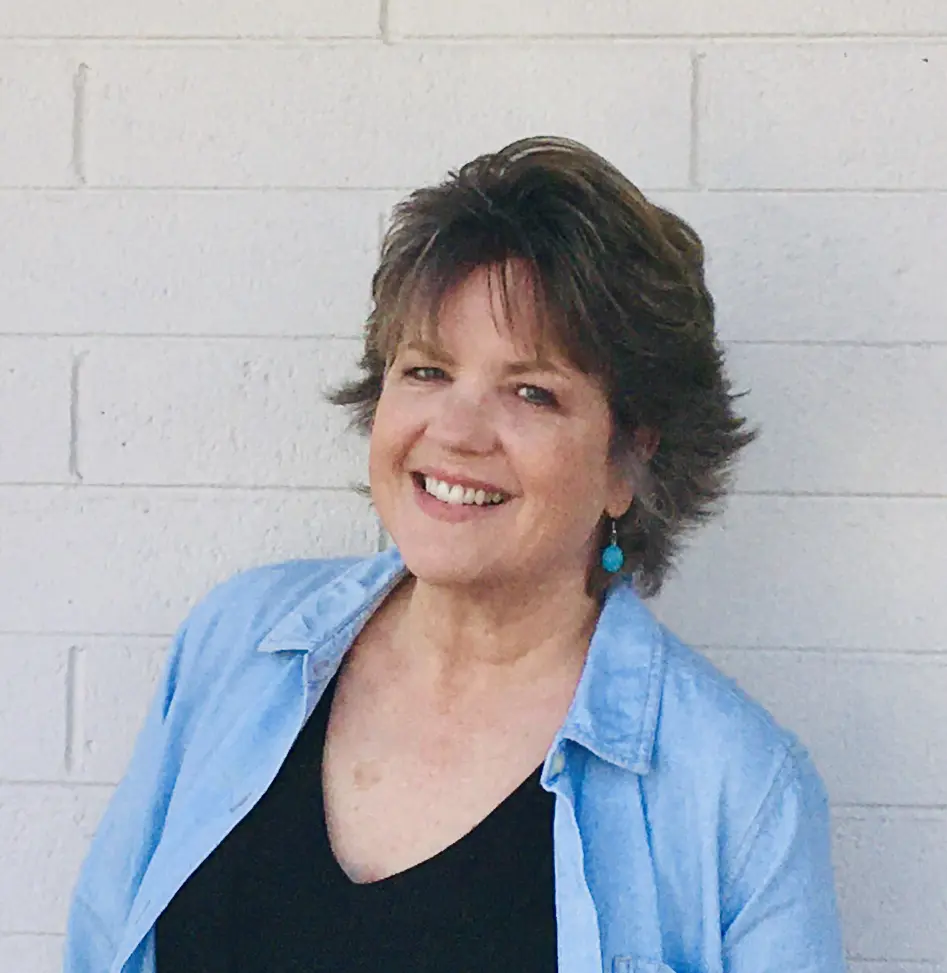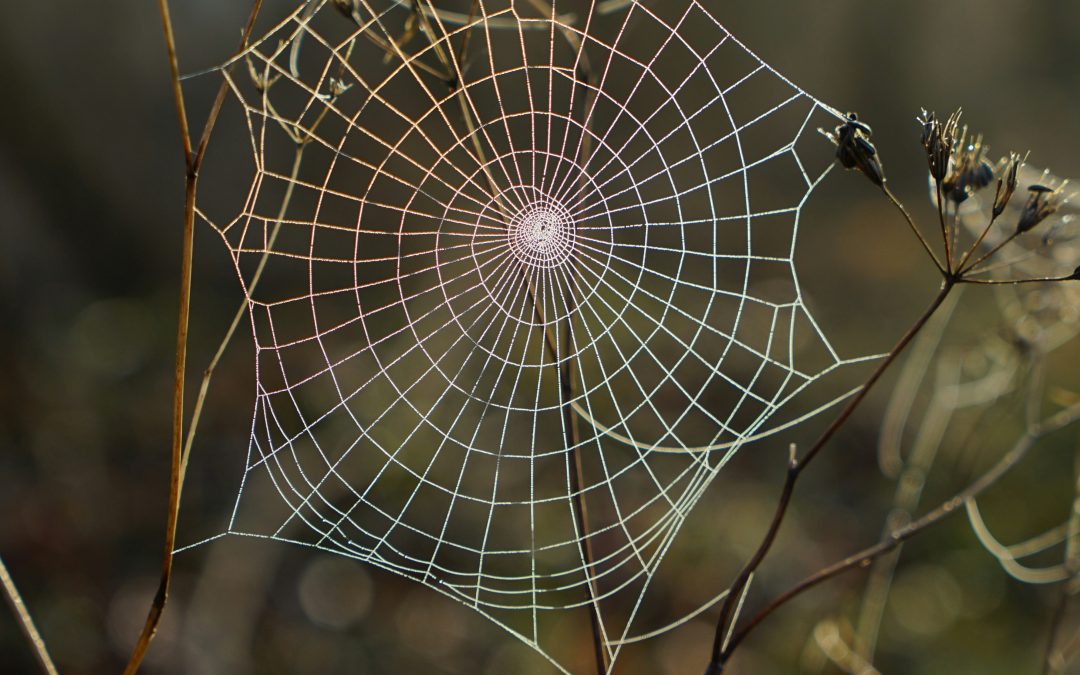It’s something every survivor of childhood trauma dreads: the death of their abuser. No one has any idea how they are going to react. Will you be awash in regret? How about grief? The losses incurred dealing with a narcissistic parent over a lifetime complicate everything, even death. And that is true whether you walked away years ago or stayed nominally in touch. Both my parents were highly dysfunctional. My mother, who died in 2021, was a mentally ill enabler. She was definitely a narcissist, but in a different way from my father.
My father finally died a few months ago. Survivors will understand the word finally. I thought he would never die. Billy Joel’s song “Only the Good Die Young” was certainly true in this situation. I had gone no contact about seven years before, but the shadow of power this man wielded over my life continued, whether I was in contact with him or not. I even moved all the way across the country to put space between me and him. Space between the present and the past. The constructed reality he demanded everyone agree with, the dominating presence where no voice save his was heard, the judgmental pronouncements of doom and gloom over your life, the complete lack of understanding or empathy. These were just a few of the ways his brainwashing impacted me.
These were just a few of the ways his brainwashing impacted me.
And when he died, instead of the relief I felt at my mother’s passing, a terrible door that had been shut for over sixty years was opened. The parts of me from childhood that had split off and carried the load felt free to come forward, and it was hard. Hard to face them, hard to talk to them, and hard to become an ally to them instead of an enemy.
There are no words to describe the damage and loss that occur when your parents choose the path of narcissism. To their very grave, my parents never had the slightest inkling of self-awareness or took any personal responsibility. In fact, my sibling and I were “disinherited.” The old threat to keep me within my father’s orbit finally came true. For me, I could understand it; I walked away years ago. But for my sibling who provided for my father financially and took care of his ex-wife, our mother, who otherwise would have been homeless, it was a low blow. Yet again, the narcissist showed his true colors. It did not matter what you did for the man; he did not know how to do anything other than hurt us. His final message? “You are worthless.”
But I survived, and guess what? My father was wrong. It took everything I had to slog through the twisted spider web of lies he had spun. I spent decades trying to understand, reaching toward the truth that seemed to dissipate into mist at the slightest stress. To quiet the dissonance in my mind, heart, and soul. I used every technique and read every book I could get my hands on, but you know what? I made it. I have written a new chapter, established new relationships, and I walk in truth. What does the Bible say? The truth will set you free? Yep, that’s what it says. I can wonder at the joy in life, pursue dreams and goals I never thought reachable, and more than anything else, I can finish well, leaving a legacy of peace, encouragement, and kindness to my children.
I pity my mother and father. They never knew how wonderful life could be. It is still hard sometimes, I suppose I will always bear the scars to a certain degree, but I made it. I made it out, and I am so thankful I did not give up. Defy trauma, embrace joy. It is worth it.
If you are interested in my newsletter or reading more content like this, please go to:
Photo by Robert Anasch on Unsplash
Guest Post Disclaimer: Any and all information shared in this guest blog post is intended for educational and informational purposes only. Nothing in this blog post, nor any content on CPTSDfoundation.org, is a supplement for or supersedes the relationship and direction of your medical or mental health providers. Thoughts, ideas, or opinions expressed by the writer of this guest blog post do not necessarily reflect those of CPTSD Foundation. For more information, see our Privacy Policy and Full Disclaimer.

Rebekah Brown, a native of the south, now resides in the Great American West. Surviving a complicated and abusive family system makes her unique writing style insightful as well as uplifting. Rebekah is the proud mother of two and grandmother of four.




